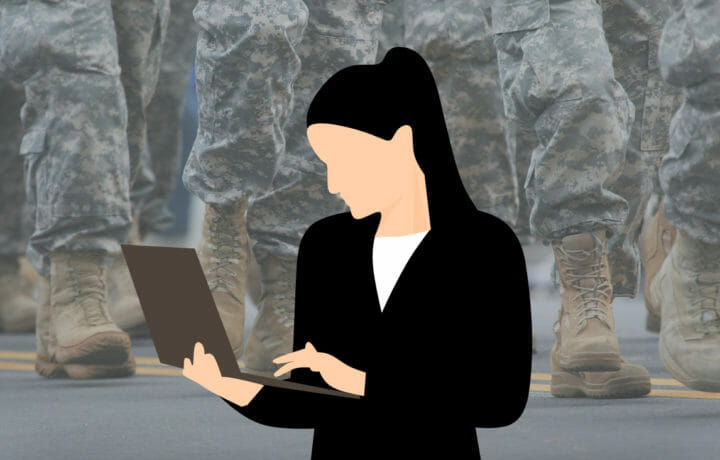If you have been looking for a type of government job, you may have noticed one of the questions in the personal information section is, ‘Are you a protected veteran?’ If you are like me, you may have read this question during an application process and paused for a moment, while thinking… wait…am I? You may be, and you might be missing out on some important benefits.
What is a Protected Veteran?
A protected veteran is someone who served in the U.S. military and is entitled to certain protections under federal law, particularly in the context of employment. The Office of Federal Contract Compliance Programs enforces this program which has been around since 1974, known as the Vietnam Era Veterans’ Readjustment Assistance Act. This law required employers doing business with the federal government to recruit, hire, and promote protected veterans.
The VEVRAA also makes it illegal for these companies to discriminate against protected veterans, concerning decisions of hiring, firing, pay, benefits, assignments, promotions, layoffs, training, and more.
There are different categories of protected veterans:
- Disabled Veterans: Those who are entitled to compensation for a service-connected disability.
- Recently Separated Veterans: Those who were discharged or released from active duty within the past three years.
- Active Duty Wartime or Campaign Badge Veterans: Those who served on active duty during a war, campaign, or expedition for which a campaign badge has been authorized.
- Armed Forces Service Medal Veterans: Those who served on active duty during a time in which a medal was awarded for service in a campaign or expedition.
Benefits and Resources
The benefits of being a protected veteran primarily relate to employment and protection against discrimination. Employers are prohibited from discriminating against veterans based on their protected veteran status, and they are required to provide certain accommodations and opportunities to veterans, especially disabled veterans.
According to the OFCCP, companies are responsible for providing “reasonable accommodations”, which means making an adjustment or change made to the workplace, or the usual way of performing a job, that allows a disabled veteran to perform the duties of the job or enjoy the benefits and privileges of employment. A reasonable accommodation does not change essential job functions. An employer also must make a reasonable accommodation that would allow a disabled veteran seeking a job to be able to apply for the job.
Additionally, veterans may have access to certain programs and resources aimed at helping them transition to civilian employment or further their education. These benefits aim to honor and support the service and sacrifices made by veterans in defense of their country.
The OFCCP lists several resources on their website for veterans looking for resources with career planning, job search resources, and even training. To locate an American Job Center near you, visit the Department of Labor’s website.
If you feel that you have been treated unfairly as a protected veteran, you can file a complaint online at the OFFCP website, or complete a form in person at an OFCCP office near you. You can submit a completed form to your regional OFCCP office that covers the location where the alleged discrimination occurred, via email, mail, and fax.


